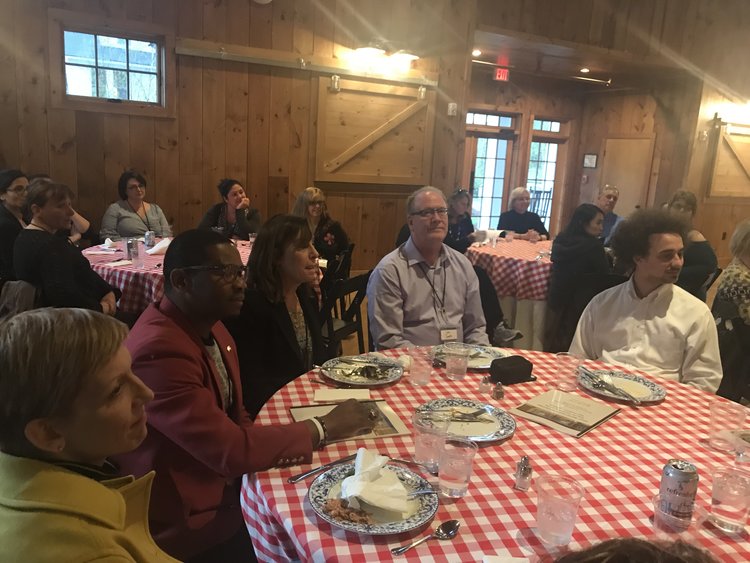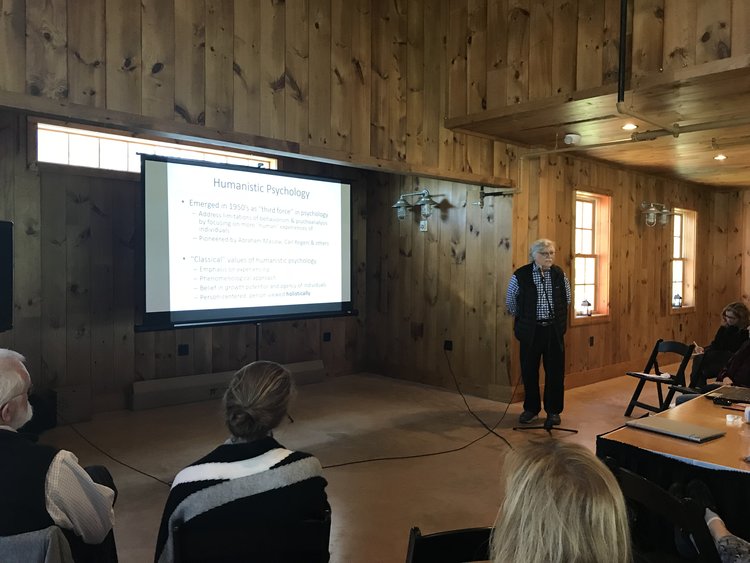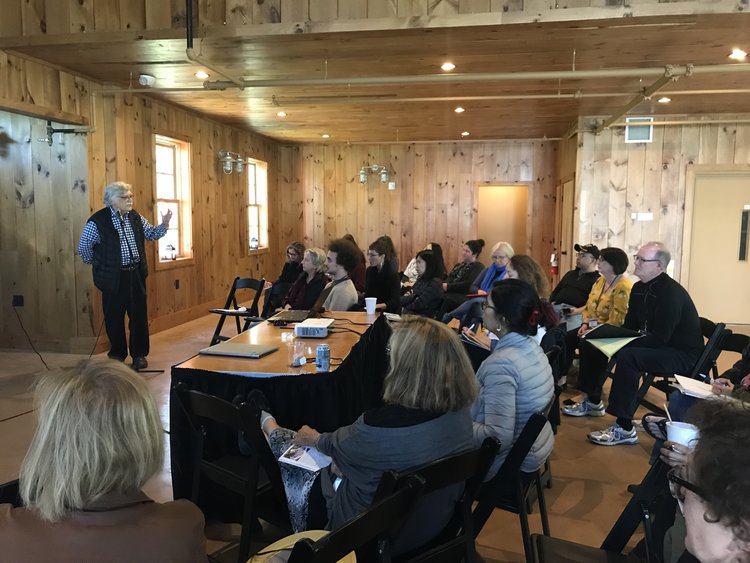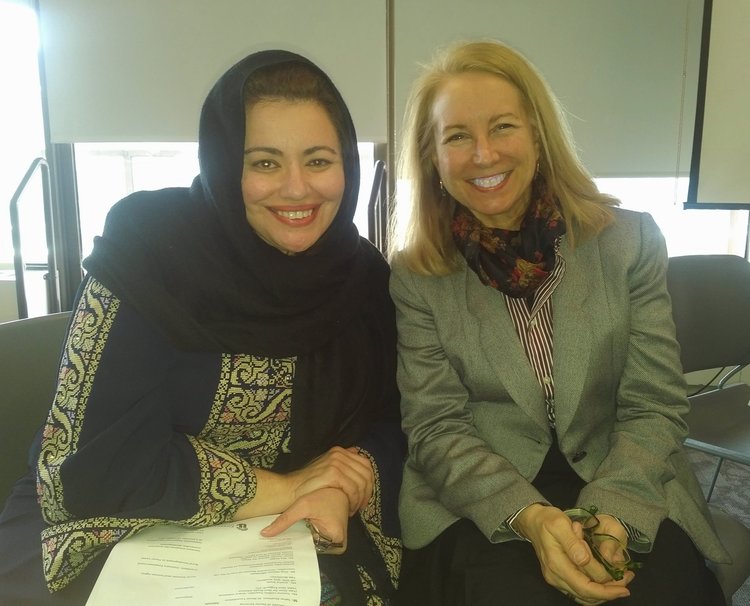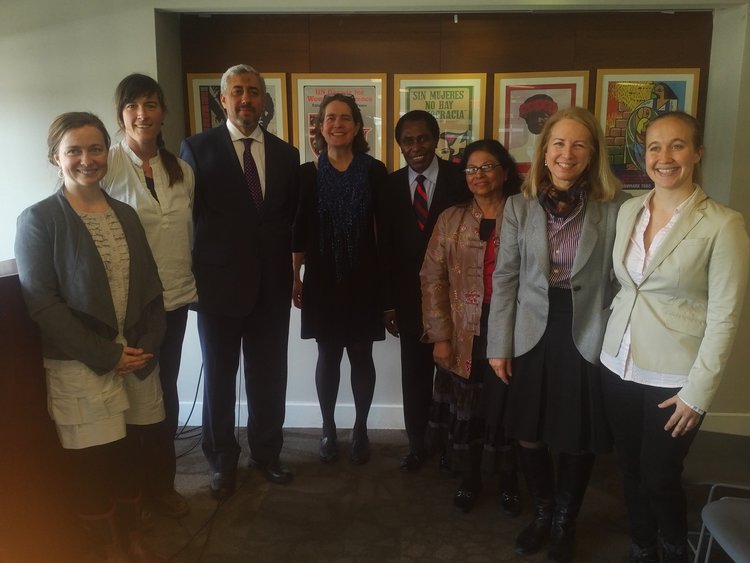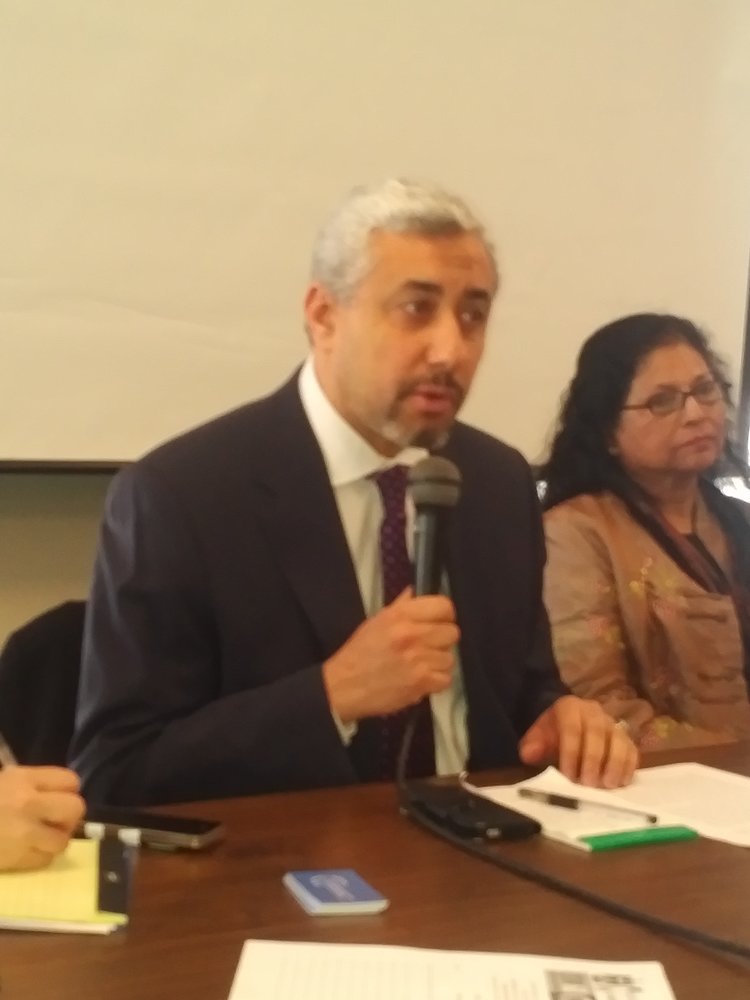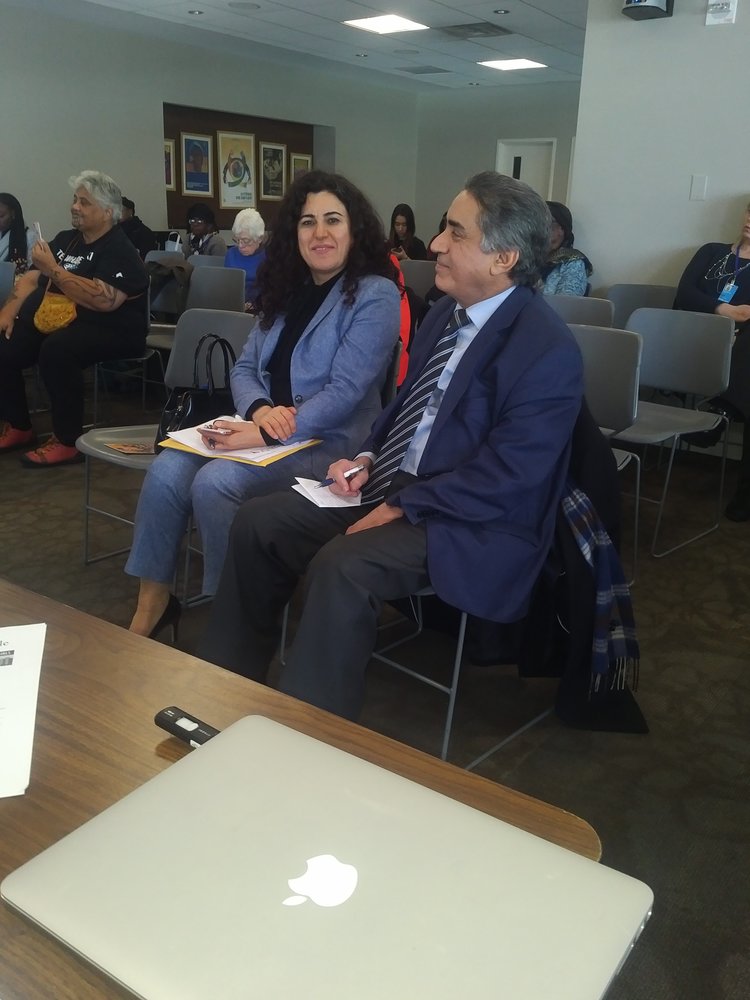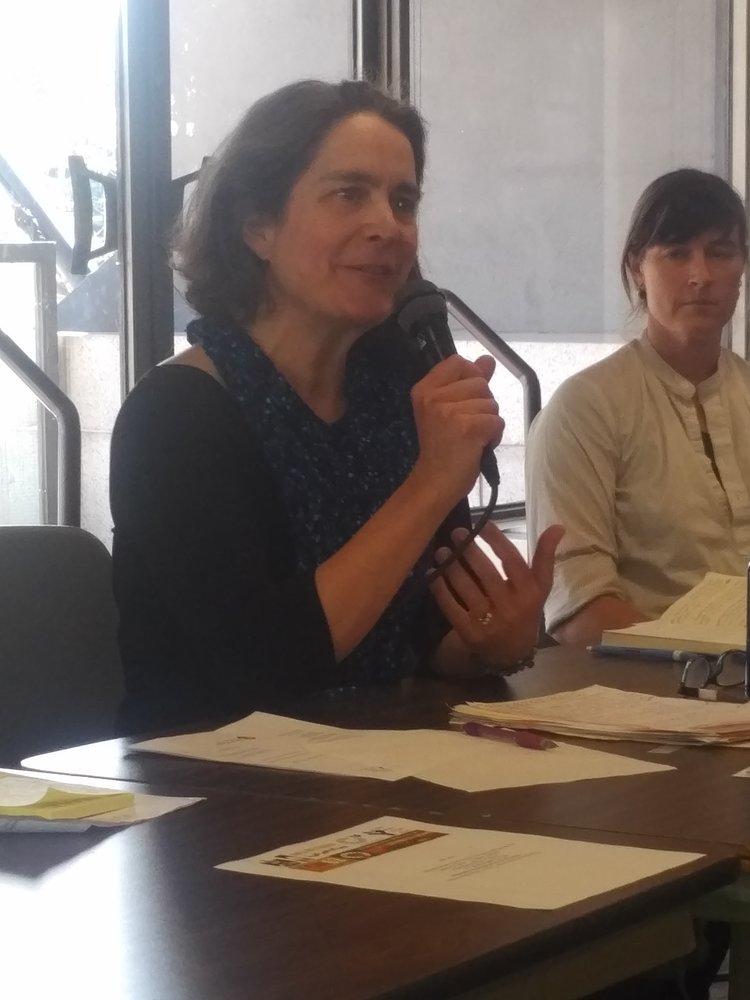
Burlington Forum on Coexistence - 70th Anniversary of Human Rights Declaration
Burlington Forum on Coexistence
the 70th Anniversary of the Universal Declaration of Human Rights
Episcopal Church Cathedral Church of Saint Paul
2 Cherry Street
Burlington, VT
December 7, 2018 9:00 AM-1:00 PM
In honor of the 70th anniversary of the Universal Declaration for Human Rights, a milestone document that proclaimed the equality, justice and human dignity for all people - we are organizing the Burlington Forum on Coexistence at the Episcopal Church Cathedral Church of Saint Paul in Burlington on December 7, 2018, from 9:00 am to 1:00 pm. This Forum follows the spirit and rationale of the Boston Forum on Coexistence in a Democratic Society held on December 8, 2017.
During the Boston Forum, the participants agreed that we should build upon the goals and outcomes of that Forum and hold fora in other parts of the United States. Therefore, drawing upon this inaugural Forum, we propose a series called the Forum on Co-Existence in a Democratic Society. This Forum will emphasize the recognition and respect of the dignity of every person, a principle underscored in the Universal Declaration. Regrettably, this fundamental right diminishes when it comes to accepting difference due inter alia of gender, race, religion or nationality.
Respecting the dignity of all people is integral for coexistence in a democratic society. When we honor the dignity of another person, we treat him or her with respect. This dignity and respect transcends race, gender, religion, economic status, or even the part of the country one resides. In this regard, the basis for respecting the dignity of others exists universally, independently of a person’s social utility, abilities, race, gender, ethnicity, nationality, or religion. Respecting the dignity of others is critical for a peaceful and inclusive[1]democratic society.
We will invite faith leaders and representatives of civil society, including those who work to combat economic inequality and violence, and those who defend migrants, refugees, and people marginalized by gender, race or religion.
To this end, the purpose of the Forum is to promote a platform for dignity, respect and coexistence, and a road map for addressing the continuation of a heightened hatred, anger, exclusionary outcry. We look for paths of healing and for nurturing positive discourse, with a commitment to fundamental human rights, dignity, respect, and coexistence.
On December 10, 1948, in the wake of the horrors of WWII, the International community convened to commit to respect the dignity of all humankind. We hope to revive this spirit of commitment to human rights on the 70th anniversary of the Universal Declaration of Human Rights during the Burlington Forum on Coexistence.
The 2018 Forum follows the spirit and rationale of “The Boston Forum on Coexistence in a Democratic Society,” which was held last year. The upcoming Forum builds on the goals of last year’s event by promoting the recognition and respect of the dignity of every person, a principle embodied in the Universal Declaration of Human Rights.
The Rt. Rev. Thomas C. Ely, bishop of The Episcopal Church in Vermont, said, “Dignity is a topic that The Episcopal Church in Vermont has engaged with fervor in recent years. It was the theme of our 2017 diocesan convention, and we continue to explore this aspect of our calling at a time when human differences are so often portrayed as something to be feared rather than celebrated. Co-presenting the Burlington Forum with Grace Initiative is a natural fit and, I hope, will convey to the wider community our commitment to honoring the dignity of all humankind.”
“Respecting the dignity of all people is integral to peaceful, inclusive coexistence in a democratic society,” said Yvonne Lodico, founder of Grace Initiative. “That’s essentially the message of the Burlington Forum as well as the Universal Declaration of Human Rights that inspired the event. Dignity and respect transcend perceived differences like race, gender, religion, economic status, and place of residence. In this regard, the basis for respecting the dignity of others exists universally, independently of a person’s social utility, abilities, race, gender, ethnicity, nationality, or religion.”
About the Universal Declaration of Human Rights
The Universal Declaration of Human Rights is a milestone document in the history of human rights. Drafted by representatives with different legal and cultural backgrounds from all regions of the world, the Declaration was proclaimed by the United Nations General Assembly in Paris on December 10, 1948 as a common standard of achievements for all peoples and all nations. It sets out, for the first time, fundamental human rights to be universally protected and it has been translated into over 500 languages. Learn more at http://www.un.org/en/universal-declaration-human-rights/.
About Grace Initiative Global
The Initiative for Governance, Reconciliation, Agriculture and Coexistence - Grace Initiative Global – strives toward innovative peacebuilding and conflict prevention through strategies of healing, empowering and transforming. Grace Initiative carries out its goals through innovative and expert constructive engagement, focused empowerment, multi-stakeholder collaborations, and holistic understanding; through international and multi-disciplinary expertise. Grace Initiative adheres to and promotes global goals such as the UN’s 2030 Agenda for Sustainable Development, UN Security Council Resolution 1325, international human rights instruments, and humanitarian principles. Learn more at http://www.grace-initiative.org/
About The Episcopal Church in Vermont
The Episcopal Church in Vermont comprises 45 congregations across the Green Mountain State that share in the mission to pray the prayer of Christ, to learn the mind of Christ, and to do the deeds of Christ. The congregations live into this mission through ministries of Formation, Liberation, Communication, Connection, and Celebration. The Episcopal Church in Vermont is a member of the worldwide Anglican Communion. Learn more at https://diovermont.org/.
Featured Speakers Who Have Committed So Far…
Featured Speakers who have committed to date are listed below. We are awaiting final word from several others. Please note that this list is subject to change:
· The Rev. Nicholas Porter, co-founder, Jerusalem PeaceBuilders
· Jeff Mandell, program director, Kids4Peace - VT/NH Chapter
· Rabbi Amy Small, Ohavi Zedek Synagogue
· Yvonne Lodico, founder, Grace Initiative Global
· Syed Meesam Razvi, Executive Director, Alliance for Research and Scholastic Heritage
· The Rev. Dr. Arnold Thomas, pastor, Good Shepherd Lutheran Church, Underhill, VT
· Maurice L. Harris, diocesan communications minister and co-convener of the Racial Reconciliation/Healing Network, The Episcopal Church in Vermont
· The Rev. Earl Kooperkamp, treasurer, and past President, Vermont Interfaith Action; rector, Episcopal Church of the Good Shepherd, Barre, VT
· Mark Hughes, co-founder and director, Justice For All
· Bor Yang, executive director & legal counsel, Vermont Human Rights
[1]https://sustainabledevelopment.un.org/sdg16





